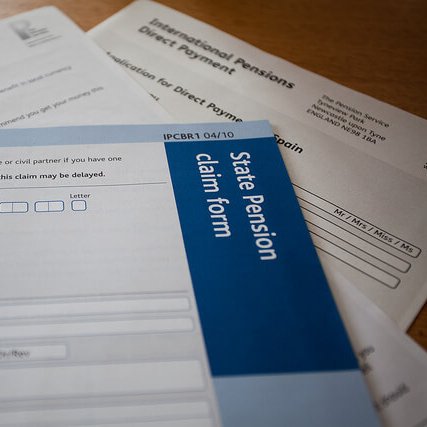After the matrimonial home, pensions are usually the most valuable assets on divorce. How are they dealt with in the divorce settlement?
In general the court will deal with pensions in one of three ways:
• By an ‘offsetting’ arrangement, whereby the party with the pension will keep it and the other party will be compensated by receiving a greater share of other assets. Obviously, this is only possible where there are sufficient other assets available.
• By a pension attachment order, whereby one party will receive part of the other party’s pension when the other party receives it. Note that the receiving party has no control over when the other party takes their pension.
• By a pension sharing order. Under such an order, a proportion of the pension fund is immediately transferred into a pension fund in the name of the other spouse. Note that the other spouse cannot receive this payment as cash, but only as a transfer into a pension in their name. Note also that the basic State Pension cannot be shared, although the additional State Pension can.
The amount that the non pension holder should receive, whether by way of offsetting, attachment or sharing, depends upon the facts of the case, including when the pension was accumulated. For example, if it was accumulated entirely during the marriage then they might expect to receive half, whereas if the other party had the pension prior to the marriage then the non pension holder may only be entitled to a share of the proportion of the pension that was accumulated after the marriage took place.
To ascertain how much the pension is worth the court will require the pension holder to obtain a ‘cash equivalent transfer value’ of the pension from their pension provider. That is usually the figure that the court will use when deciding how much the non pension holder spouse should receive by way of offsetting or pension sharing.
If you would like any further advice about pensions on divorce, Family Law Café can help. To contact us click the Contact link above and fill in the form, or call us on 020 3904 0506.
Image by Keith Williamson, licensed under CC BY 2.0.

